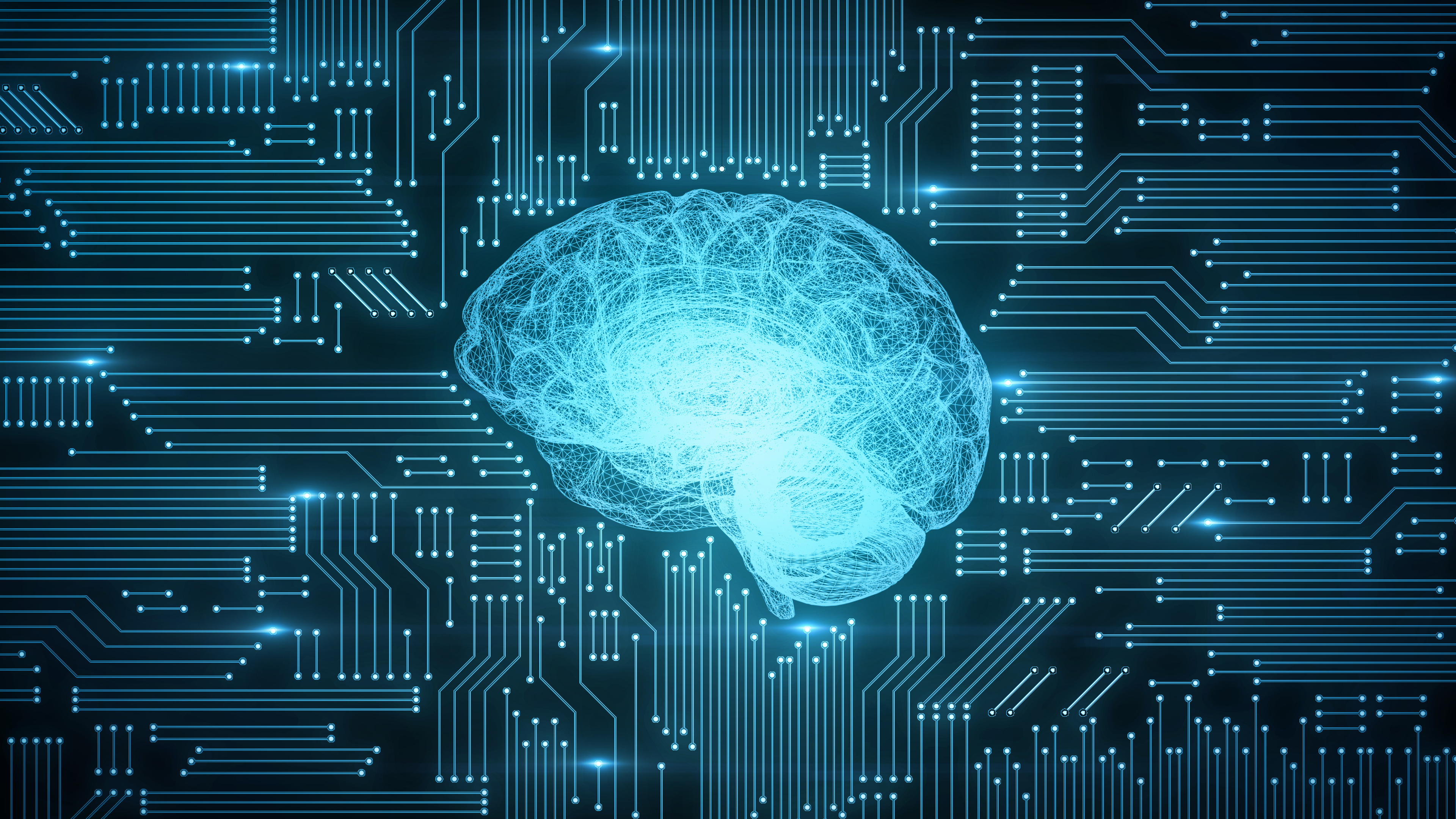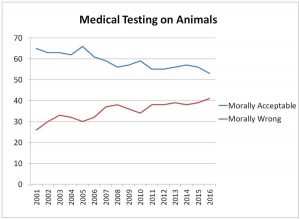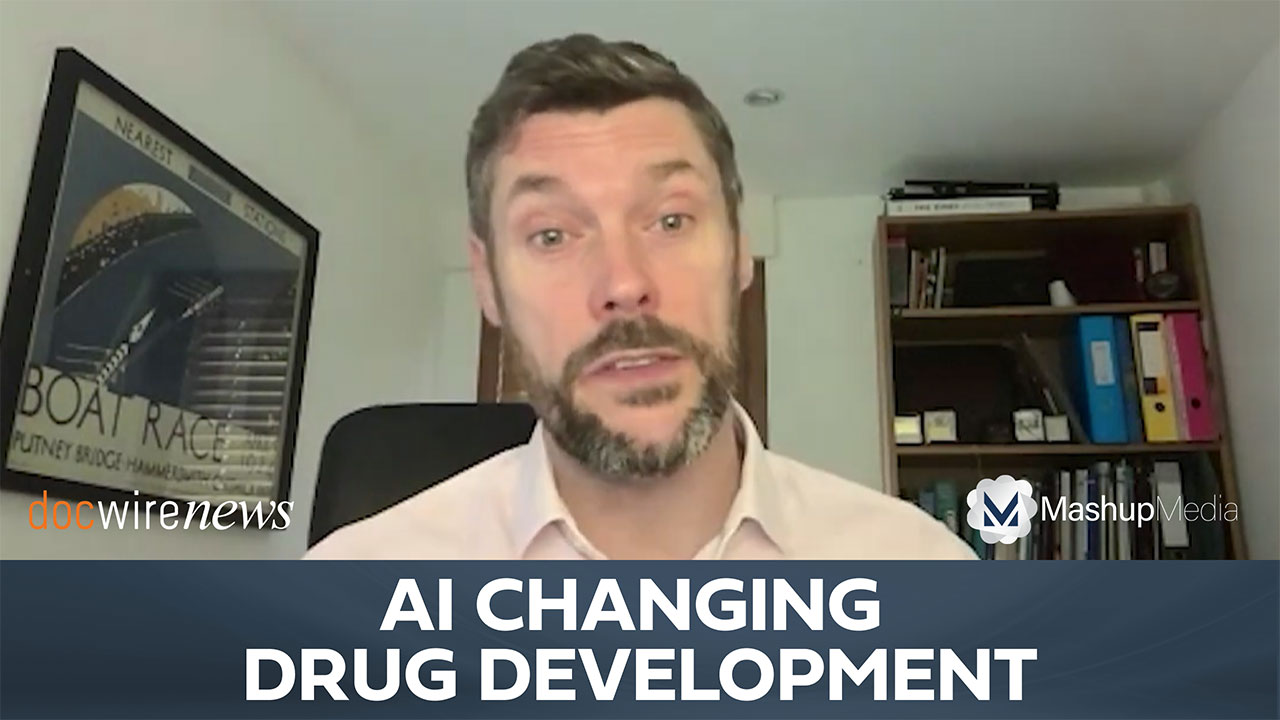
A group of researchers has developed an algorithm that matches the accuracy of animal studies in predicting substance toxicity. Thomas Hartung, toxicologist at Johns Hopkins University, led the effort to create a massive database with information from previously conducted animal studies. The team used information on 10,000 substances from over 800,000 animal tests to generate their algorithm.
Hartung’s software determines a new substance’s toxicity by comparing it to similar compounds and making predictions based on their properties. Hartung claims this method imitates how a toxicologist would analyze a new substance, but in a manner facilitated with technology. In some cases, the algorithm yields more accurate results than animal testing. Hartung’s software project showed that some animal tests are inconsistent, being that a single compound can yield different reactions in different animals.

A Gallup survey from last year found that 44% of Americans view animal testing as morally wrong, a record high. Being that only 26% disapproved of it in 2001, pressure is increasing rapidly to find an alternative to animal testing. If further research proves that artificial intelligence platforms like Hartung’s match the accuracy of animal testing, then these systems may be the solution to an escalating moral dilemma.
Though Hartung’s software is a very strong initiative, we are still far from replacing animal testing with artificial intelligence. “Scientifically, there is a lot of work to be done,” says Mike Rasenberg, head of computational assessment at the European Chemicals Agency. “No one wants animal tests, but we can’t yet do all toxicology with a computer.”
Using #AI outperforms pre-clinical animal testing for some drug toxicity screeninghttps://t.co/nipNXpwnrF @NatureNews
by @Richvnhttps://t.co/sa6kXR9iZN #OA pic.twitter.com/m5WiXfuT9u— Eric Topol (@EricTopol) July 11, 2018







 © 2025 Mashup Media, LLC, a Formedics Property. All Rights Reserved.
© 2025 Mashup Media, LLC, a Formedics Property. All Rights Reserved.